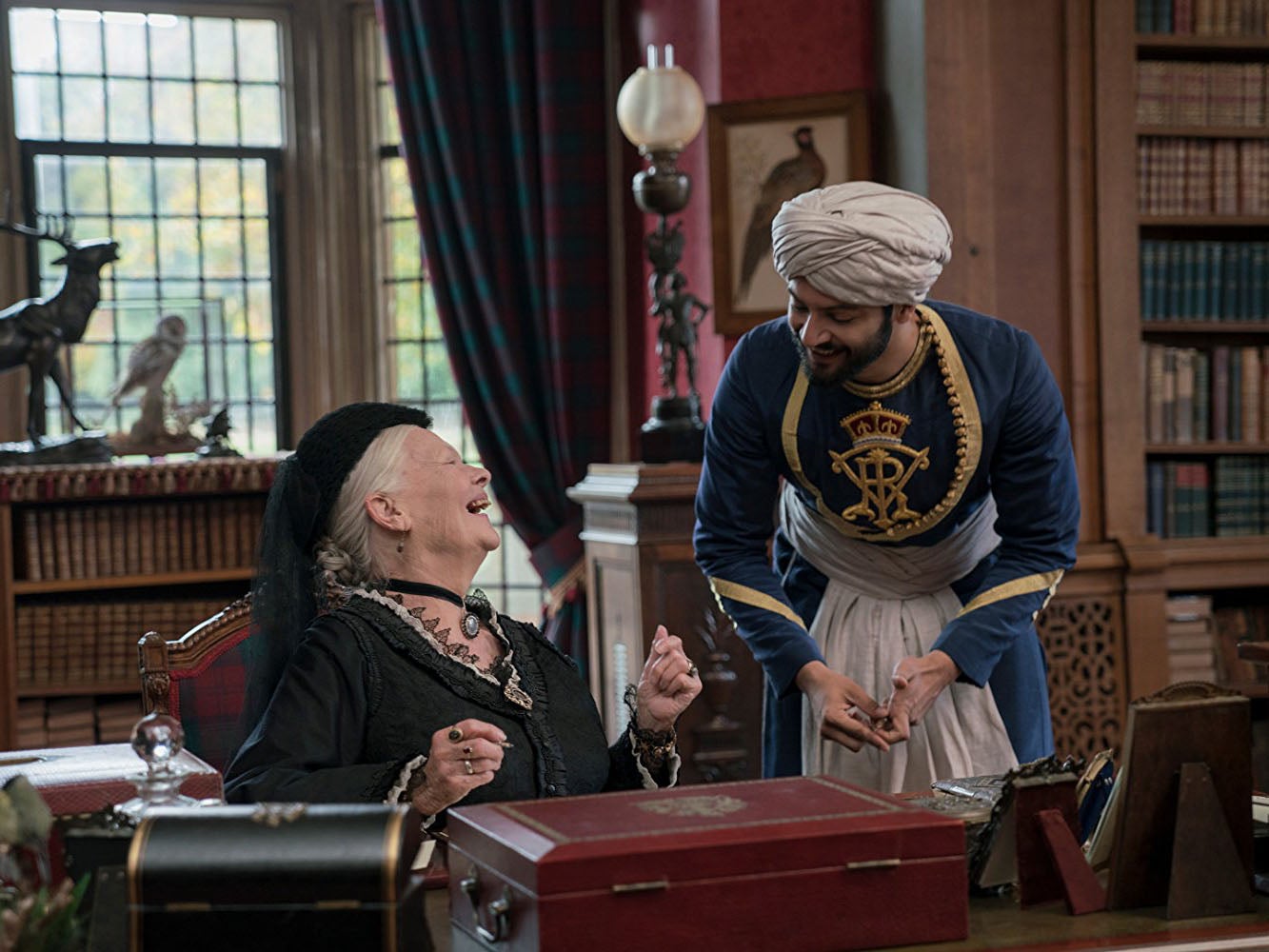Mea Culpa: the renamed campaign against tautology and redundancy
Unnecessary words, conjoined words, Americanisms and the continuous present tense in this week’s Independent


Your support helps us to tell the story
From reproductive rights to climate change to Big Tech, The Independent is on the ground when the story is developing. Whether it's investigating the financials of Elon Musk's pro-Trump PAC or producing our latest documentary, 'The A Word', which shines a light on the American women fighting for reproductive rights, we know how important it is to parse out the facts from the messaging.
At such a critical moment in US history, we need reporters on the ground. Your donation allows us to keep sending journalists to speak to both sides of the story.
The Independent is trusted by Americans across the entire political spectrum. And unlike many other quality news outlets, we choose not to lock Americans out of our reporting and analysis with paywalls. We believe quality journalism should be available to everyone, paid for by those who can afford it.
Your support makes all the difference.I wrote last week about “forward planning”, and a reader disagreed with me, saying it was an example not of tautology but of redundancy. This is true: tautology is saying the same thing twice in different words, whereas my complaint was that the word “planning” made “forward” redundant.
Still, Bruce Napier approved of what has now been renamed my campaign against tautology and redundancy. But what, he wanted to know, did I make of last Saturday’s front-page headline, “Race to identify unknown fireball bomber”? He thought that trying to identify a known bomber might be setting the bar a bit low. It is hard to disagree.
Campaign for ever: Another of my campaigns is to separate compound words into two words where possible. Where forever and everyday are adjectival or adverbial, they should be a single word, as in “something I will forever be thankful for” and “everyday living expenses”, to take two examples from this week’s Independent. But if we are talking about something going on “for ever” or something that happens “every day” I think they should be two words.
And I cannot think of a reason to have underway and anymore as one word. Indeed, we do tend to separate out “under way” – and yet we used “anymore” 13 times last week. The Oxford Dictionary says that this is a North American usage, which I had not realised. Most of our uses were in the end-of-phrase form, such as, “How are we supposed to trust her anymore?” I think that should be “any more”.
Appeal for or against: Talking of Americanisms, a reader pointed out that we had this headline in our Daily Edition this week: “South Africa to appeal Oscar Pistorius’s six-year murder sentence.” I suspect that dropping the “against” after “appeal” and “protest” is a change that is already happening in British English, but we should be aware that many of our readers think it is wrong or confusing. The later headline, quite sensibly, read: “South Africa’s Supreme Court to hear state’s appeal against six-year term.”
Ongoing curmudgeon: I don’t have a campaign against the word “ongoing” exactly. I’m a tolerant curmudgeon and accept that it can, occasionally, be a short and useful word. The intolerant curmudgeons say we should use “continuing” instead, but that is longer and clunkier.
However, we did use “ongoing” 20 times this week, excluding when we were quoting someone, and in most cases it could simply have been deleted. “An ongoing recruitment drive”; “His ongoing feud with Stokes”; “...as a result of ongoing uncertainty around Brexit”. In each case the continuous present tense was enough to make clear to the reader that what was going on is still going on.
A lot of the references this week were to the “ongoing investigation” into the Parsons Green attempted bombing, which was the phrase the Prime Minister used, but we didn’t have to use it when we weren’t quoting her. We could have called it a “live investigation” instead.
In confidence: In our review of Victoria & Abdul, the film about Queen Victoria in old age (above), we said: “Lee Hall’s script makes Victoria an Urdu-learning Islamophile, and gentle half-chancer Abdul her loving Muslim confidante.” That’s the trouble with using fancy foreign words from languages with masculine and feminine forms. Confidant is French for trusted adviser, so if it is a bloke it doesn’t have an “e” on the end.
Join our commenting forum
Join thought-provoking conversations, follow other Independent readers and see their replies
Comments